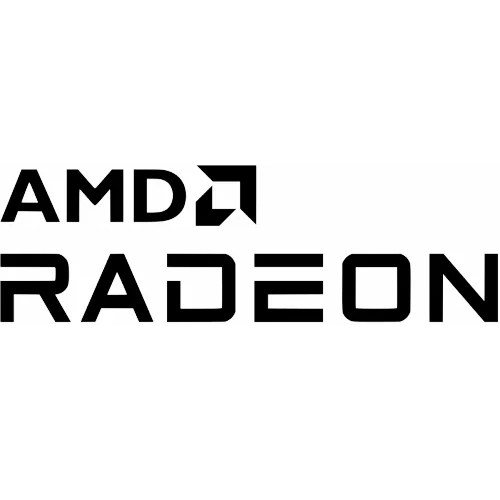RadeonSI Resorts To Disabling SDMA For GFX9/Vega Due To APU Issues

While SDMA has the potential of helping performance, GFX9 (Vega) is now seeing the support disabled due to bugs seeming to only affect APUs. Though it's not entirely surprising as the open-source AMD Radeon Linux driver also is not enabling SDMA at this point for GFX8 (Polaris) or GFX10 (Navi) hardware either.
Opened three months ago was the merge request for disabling SDMA on GFX9 and to back-port it to the stable series as well. Longtime AMD open-source developer Marek Olsak noted, "This is somewhat a radical step. All opinions welcome."
After three months of wrangling and some users still seeing rendering issues/corruption on Raven/Picasso APUs, the support was merged to Mesa 20.2 and should also end up in 20.1.x.
Marek did note though that he doesn't think it should equate to a performance loss since they are already using the compute engine for blits and that should yield similar performance to SDMA. There is also the possibility of lower CPU overhead with SDMA disabled. But there is also the possibility of improving the SDMA driver implementation in the future.
13 Comments

